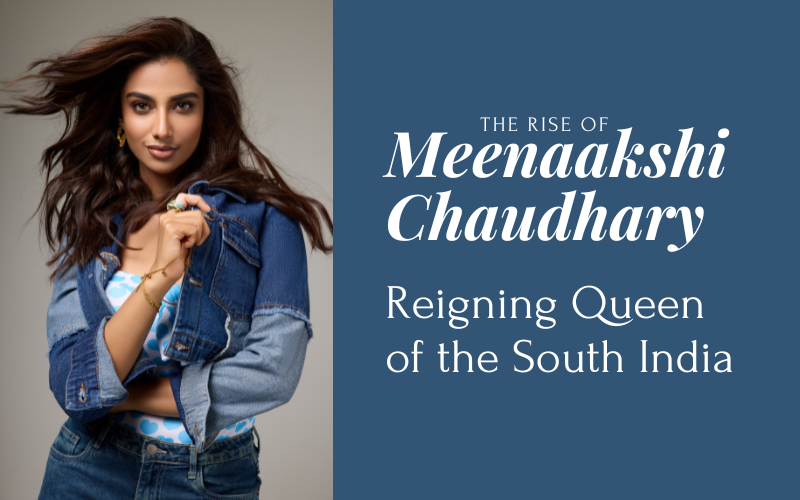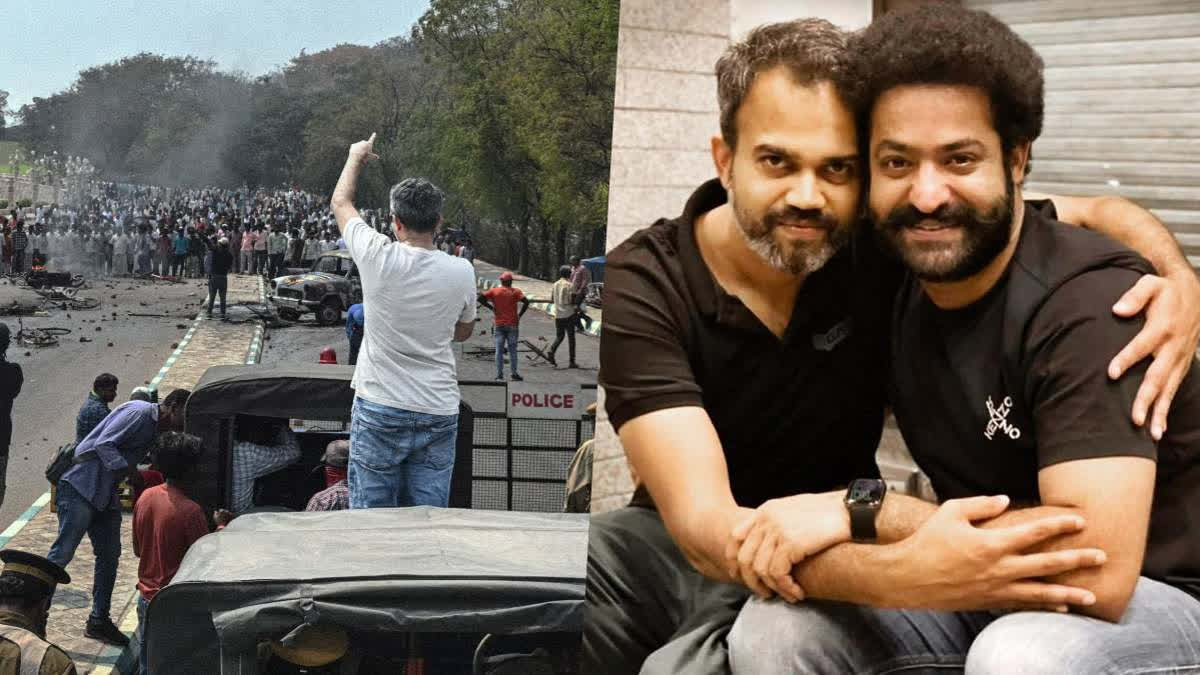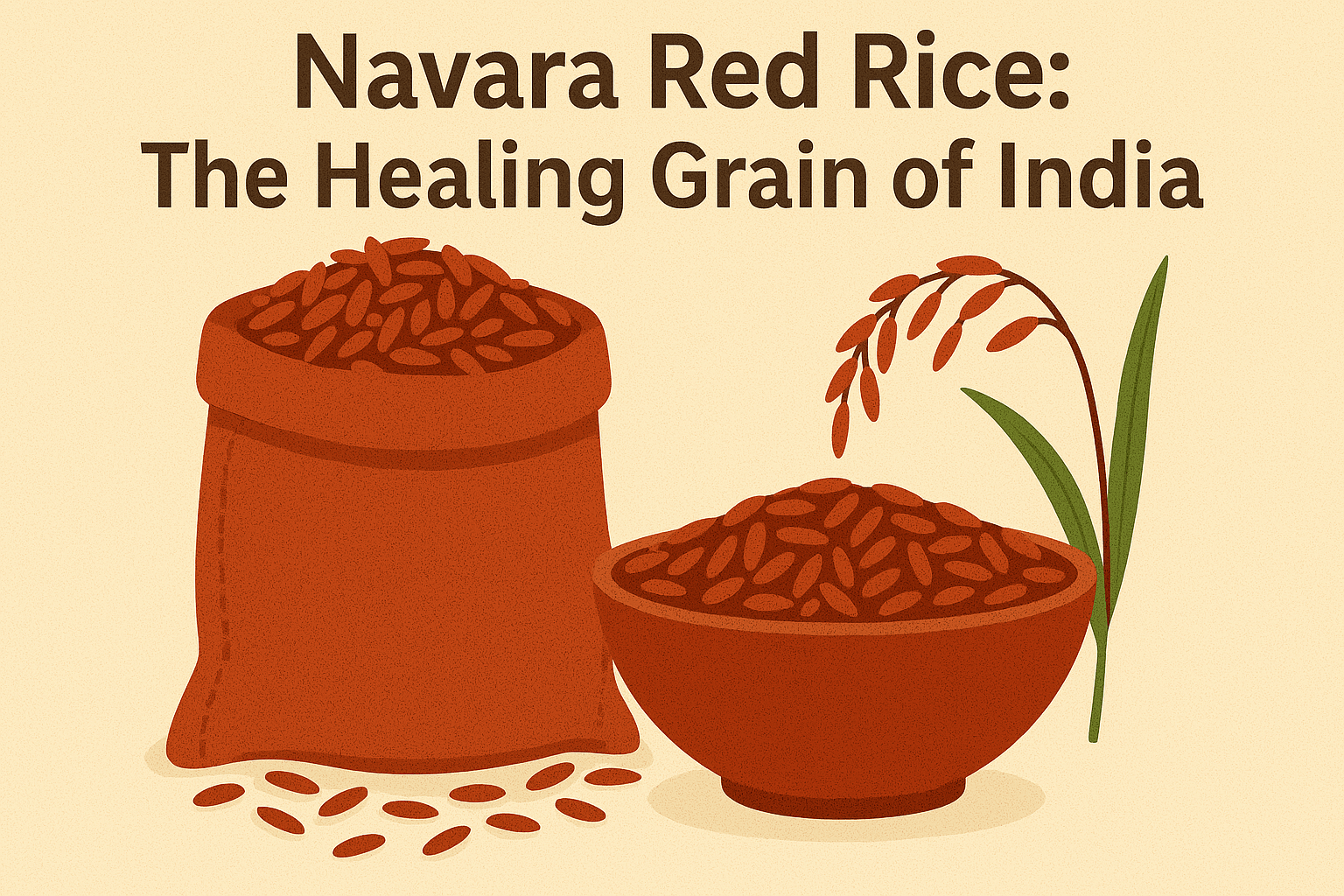Bollywood superstar Salman Khan is pulling out all the stops to promote his much-anticipated film, Sikandar. As a megastar known for delivering blockbuster hits, he takes a deep dive into the changing landscape of Bollywood, the pressures of stardom, and what makes Sikandar stand out. Packed with action, emotion, and a meaningful message, the film promises to strike a chord with audiences. In this candid exchange with Lipika Varma, he shares his thoughts with unfiltered honesty.
Excerpts:
What sets Sikandar apart, and what is its core message?
The film has a gripping emotional graph and an engaging story. The action and romance are well-balanced, and while the film conveys a strong message, it does so subtly within the script. The story revolves around an individual who, regardless of his origin, rises to power and earns the title of a king. King kahin ka bhi ho, king hota hai. If a person wins people’s hearts, he is acknowledged as a true leader. When you leave the theatre, you’ll feel that every element was well executed.
Do you consider yourself a self-made professional?
No one is truly self-made; success is always a team effort. If my father hadn’t moved from Indore to Mumbai, I would have been farming there. My grandfather was a renowned artist, Hindustan ke sabse bade kalakar thai. Because of him, my father got opportunities in the industry. My grandfather was a director, actor, and theatre artist and also served as the DIG of Police in Indore.
Are stars responsible for the current lull in the industry, and how much pressure do filmmakers face?
If bad films are made, including my own, they will flop. Since stars are the face of films, the blame naturally falls on them. Filmmakers, too, experience immense pressure. When a film succeeds, everyone is happy. But when it doesn’t, they come to us saying, Yaar, nuksan ho gaya. This is a business where losses and gains go hand in hand.
What’s your take on the trend of declaring films as hits, even if they fail at the box office?
I don’t believe in such practices. Naam lo jis jisne aisa kiya hai. You will never find me engaging in paid reviews or falsely labeling my films as hits. Once my job is done, I leave it to the audience to judge. From the first day of association with a film to its promotion, we give our best. Iss se zyada kya kar sakte hai?
Post-COVID, has theatre occupancy reduced?
Not at all. If that were the case, how did Animal, Jawan, and Pushpa cross ₹200 crores? If a film is good, those watching it on the first day will spread positive word-of-mouth, which helps it succeed.
Why did films in the 90s perform better?
A successful film needs a complete package—the right emotions, love, and comedy. Today, people have shorter attention spans, so unless we connect with audiences instantly, they lose interest. Regardless of a film’s quality, audiences prefer watching movies in theatres with their families. We need to create films that resonate with them.
Why do today’s actors hesitate to do multi-hero films?
The younger generation seems insecure. I have offered films to them and even assured them of fair credit. [Smiles] Even when roles are equal, they hesitate to work together. During our time, we embraced two-hero and ensemble films, knowing that our fan bases would unite, boosting box office results. We even did guest appearances for each other, which strengthened friendships. Yeh foreign se padh ke aate hain, kabhi genre samajh mein nahi aata hai, kabhi kuch aur.
Does the age of your co-stars matter to you?
Not at all. People may question me working with Jhanvi [Kapoor] or Ananya [Pandya] due to our age gap, but I don’t see an issue. I will still work with them.
































